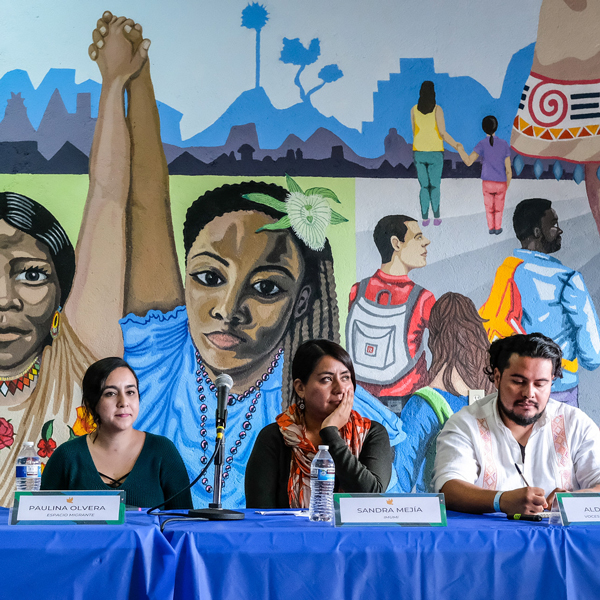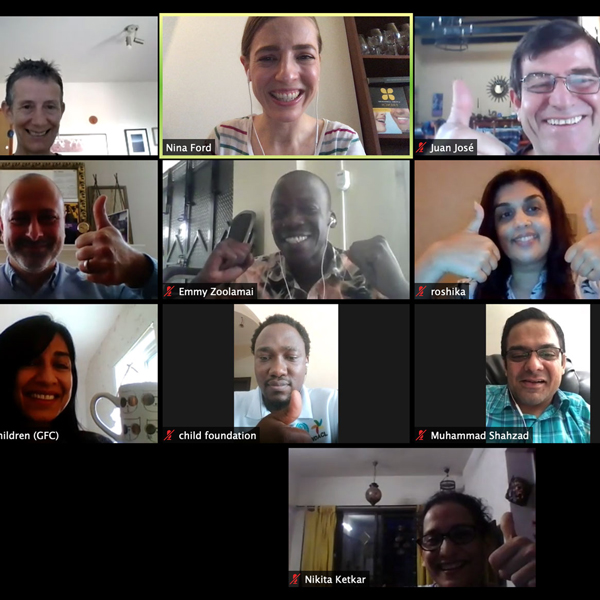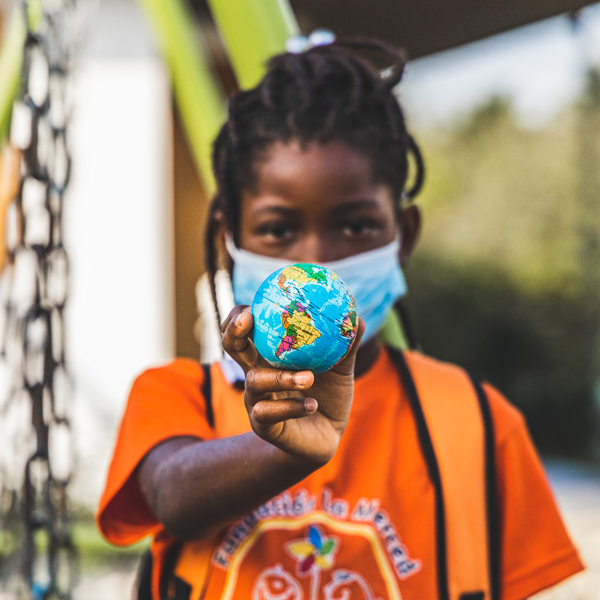The COVID-19 pandemic prompted funders to rethink how they interact with their grantees. In this blog post, GFC President and CEO John Hecklinger delves into a new report that looks at whether those changes have lasted.
When the COVID-19 pandemic first struck, GFC reaffirmed our commitment to maximum flexibility for our grassroots partners. We reiterated that our primary grants are always flexible, core support, and stressed that we trusted our partners to determine the best use of these funds amid a rapidly changing global health crisis.
Over the course of the pandemic, GFC issued more than $3.3 million in unrestricted emergency grants to partners in over 40 countries. These flexible funds enabled our partners to adapt quickly and meaningfully to meet the needs of their communities. Overnight, they transformed into humanitarian aid organizations distributing hygiene kits and food; public health workers helping communities prevent the spread of the virus; and educators ensuring children could continue their schooling.
We already knew the power of flexible funding, which has long been a core tenet of our work, and we were thrilled to see other funders adopt similar trust-based practices. Hundreds of organizations, including GFC, signed the Council on Foundations’ call to action in the early days of the pandemic and committed to loosening or eliminating grant restrictions and reducing or postponing reporting requirements. At GFC, we were encouraged by this response, but we also wondered how many funders would continue these practices once we’d all settled into our new reality.
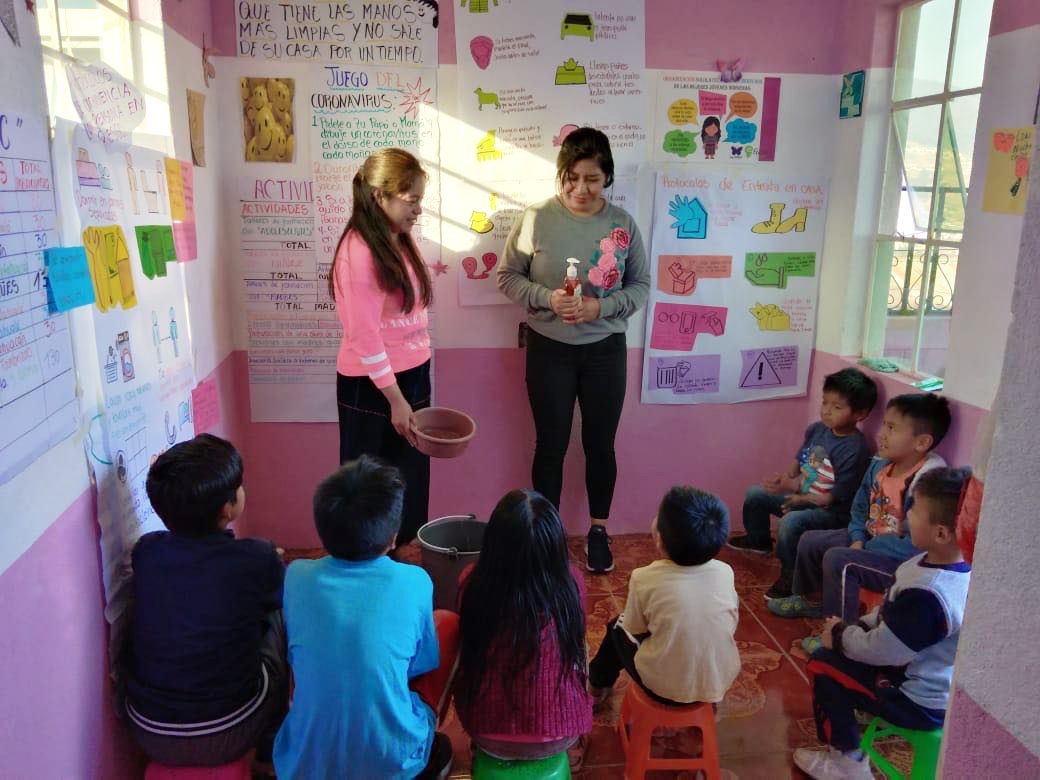
Now, thanks to the Center for Effective Philanthropy (CEP), we have some answers. In its new report, “Before and After 2020: How the COVID-19 Pandemic Changed Nonprofit Experiences with Funders,” CEP looked at data from US-based funders who commissioned Grantee Perception Reports before and during the pandemic. GFC has found Grantee Perception Reports, which survey grantees about their experiences working with a particular funder, to be a helpful tool in evaluating and improving our relationships with partners, and we were pleased when CEP asked us to participate in interviews for the report.
What CEP found gives me hope that a greater number of funders are embracing trust-based practices. The CEP data show that grantees were spending 25% less time on grant proposals in 2021 and 2022 than they were pre-pandemic and fewer hours on reporting and evaluation.
As CEP notes, “If we were to extrapolate this saved time across all of a nonprofit’s funders, nonprofit organizations would be able to repurpose a significant amount of time and energy.”
At GFC, we’re continually working to simplify our reporting and evaluation processes while still ensuring we can meet the reporting requirements of our institutional donors. We use trust and creativity to navigate these complex funding dynamics without overburdening our partners, experimenting with different formats and processes for gathering information. We turned a recent evaluation for a girls’ rights initiative in Central America, for example, into a collaborative capacity development opportunity for our partners that included workshops and funding for research projects.
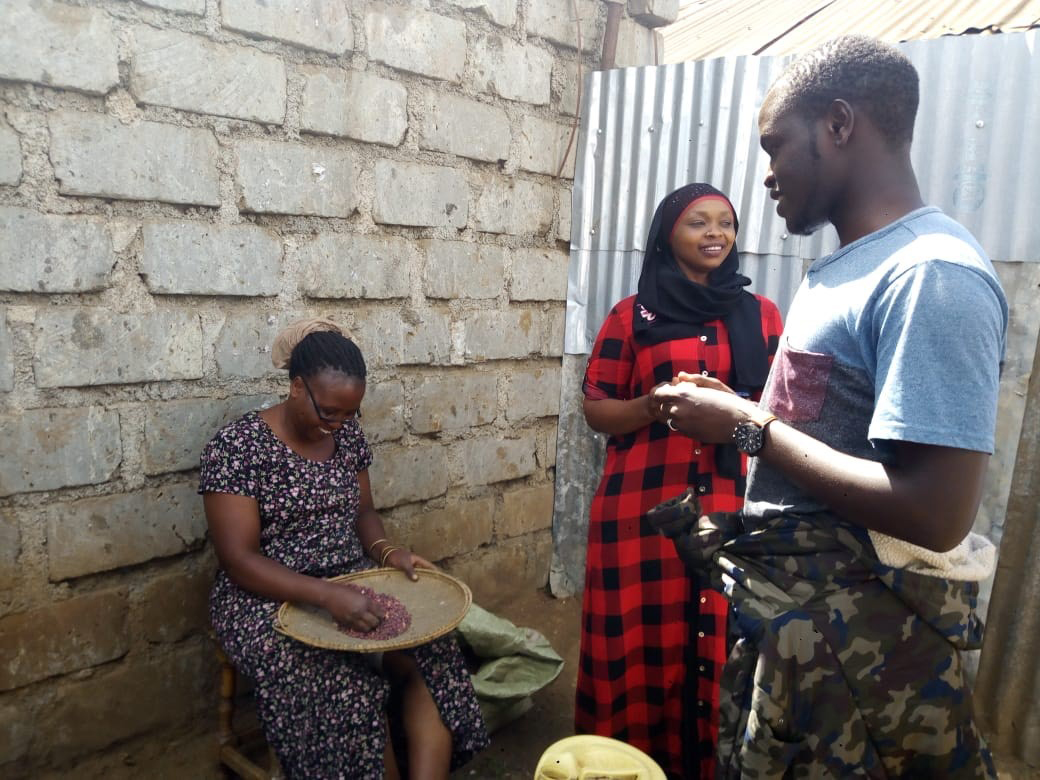
As Joseph Bednarek, GFC’s Senior Director of Global Grantmaking, told CEP, “We’ll continue to revise relationships with donors, streamline report requirements, and set out those expectations early with donors. We’ll continue to shrink the amount of paperwork that grantee partners have to do.”
Another positive CEP finding relates to flexible funding. CEP discovered that two-thirds of the funders on whom it had data were offering a larger proportion of unrestricted support compared to pre-pandemic levels. The report highlighted GFC as a flexible funder case study and asked us to offer advice to other donors.
GFC Vice President of Programs Corey Oser and I both shared that if you establish mutual trust with your grassroots partners, often the only barriers to flexible funding are internal hang-ups. As Corey put it, “Be comfortable with letting go of some of that control.”
More recently, as GFC has responded to other emergencies, including the war in Ukraine, we’ve used the lessons we learned from the pandemic to quickly get unrestricted money into the hands of grassroots groups on the frontlines. Seeing how flexible funding and relaxed reporting requirements have empowered our partners to help their communities in a crisis has deepened our commitment to trust-based philanthropy. We’ve successfully made the case to several of our funders to loosen their reporting requirements when we believed they would be inappropriate in a conflict environment, where it’s not realistic to set and achieve a large set of quantifiable goals. Great work will get done, but it’s unrealistic to know exactly what the nature of that work will be in an active conflict zone.
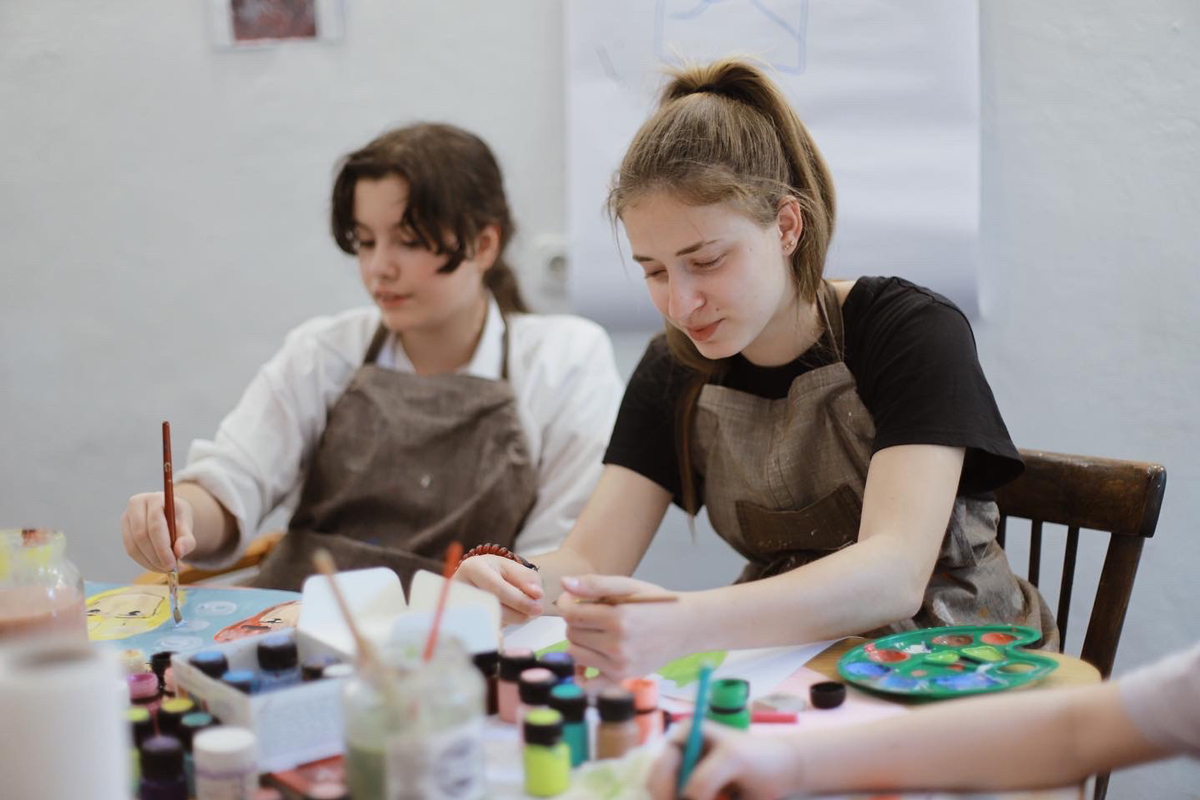
While CEP’s findings are heartening, they reflect the thinking of a subset of funders. As CEP points out in its report, the funders on whom it has survey data are funders who sought feedback from their grantees, which shows a willingness to listen and respond to partners. Other survey results are less encouraging. The Technology Association of Grantmakers found that while 41% of surveyed donors loosened funding restrictions in 2020, only 34% were still embracing flexible funding in 2022.
As we continue to advocate for trust-based philanthropy, we hope more funders will make the increased flexibility they demonstrated during the pandemic a permanent feature of their work. Achieving mutual trust between funder and grantee takes time, but once established, what exactly is the risk in being flexible?
The local leaders, especially those working in conflict situations, are the ones taking the real risks. It’s important for funders to maintain that perspective and do the internal work to tune grantmaking processes to build trust and capacity rather than to mitigate risk.
Header photo: Youth from Prayasam, a GFC alumni partner in India, painted informative murals about COVID-19 prevention before the country went into lockdown in 2020. © Prayasam
